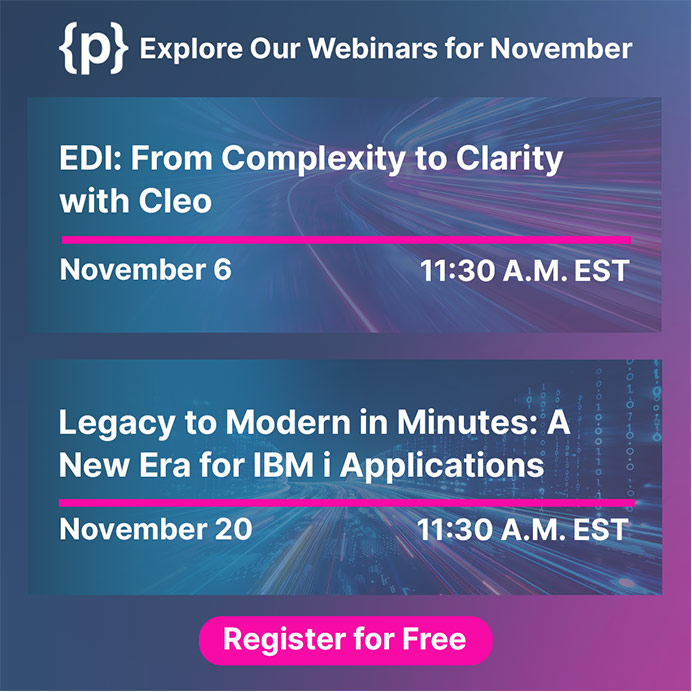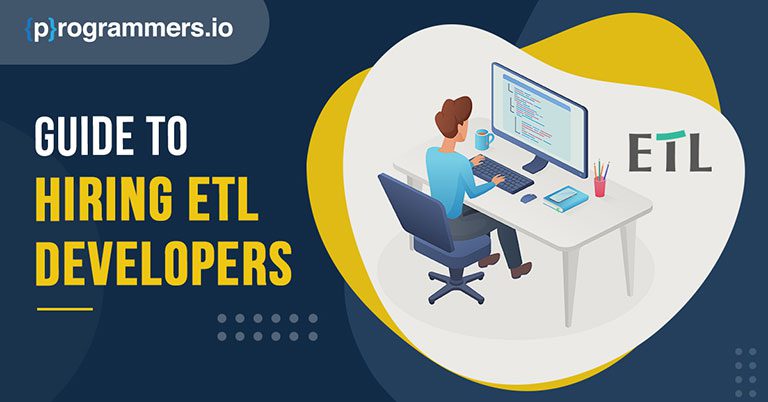When looking for an ETL developer, you want to make sure that the candidate has the right skills and experience to be successful in this role. Some key areas of expertise to look for include:
- Expert knowledge of database systems such as MySQL, Oracle, or SQL Server
- Ability to write efficient data integration scripts using languages like Python or Java
- Knowledge of ETL tools such as Informatica, Talend, etc.
- Familiarity with Big Data technologies including Hadoop and Spark
- Strong problem-solving skills
- Excellent communication and collaboration abilities
Additionally, it is important to consider the specific needs of your organization when searching for an ETL developer. Ask questions during the interviewing process to ensure that each candidate has the right technical capabilities, as well as a good understanding of your organization’s goals and objectives.
When it comes to finding an ETL developer, you also want to make sure that you are offering competitive salaries and benefits packages. Take into account industry standards for ETL developers in your area when setting salary ranges. Additionally, consider offering perks such as flexible hours or remote work options if this is something that would be beneficial to both your company and its employees.
Finally, take advantage of job boards and other recruitment resources in order to find qualified candidates for your ETL developer position. Utilizing these tools can help you cast a wide net while still focusing on the specific criteria that make up a successful ETL developer. By doing so, you will be able to quickly find the best candidate for your organization.
What Is ETL Technology?
ETL stands for Extract, Transform, and Load. It is a technology used to collect data from multiple sources, transform it into meaningful information and then load it into an end target system such as a database or data warehouse. ETL technology can be used for both structured and unstructured data, making it an invaluable asset in the digital age.
The process itself usually consists of three steps: extracting raw data from a source system; transforming that data into useful information through various means, and loading the new information into the end target system. The transformation process typically involves cleansing or validating the extracted data, combining or merging different datasets together, reformatting unstructured data elements into structured ones, and performing calculations on certain fields, among other tasks. These processes allow organizations to better manage and utilize their data, providing more value.
The main advantage of ETL technology is its ability to process large amounts of data in a relatively short amount of time. ETL also allows for segmentation, which means that different parts of the same dataset can be stored separately, then easily accessed by any user or system needed. This is especially useful when it comes to extracting information from multiple sources, as ETL technology makes this task much easier and faster than having to manually transfer each individual dataset.
Overall, ETL technology provides businesses with an effective way to take raw data and transform it into meaningful insights that can be used for analytics purposes or reporting. With increasing amounts of data being generated every day, ETL technology provides an invaluable service to any organization.
What to Look for When Hiring ETL Developers?
ETL developers should be experienced professionals who can work in a variety of contexts and environments. When considering potential hires, here are some important qualities to look for:
· Technical Expertise:
ETL developers need to have a strong technical background, with experience working with databases, data warehouses, and ETL tools such as Informatica or Talend. They should also understand the basics of programming languages such as Java and SQL.
· Problem-Solving Skills:
The ability to think logically is essential when it comes to troubleshooting complex data issues that may arise during an ETL process. A successful ETL developer needs to be able to analyze problems quickly and come up with solutions efficiently.
· Attention to Detail:
ETL developers need to be detail-oriented in order to ensure the accuracy and reliability of data. They should also have an eye for spotting mistakes or discrepancies in data sets, as well as being able to identify patterns that may require further investigation.
· Communication Skills:
The ability to communicate effectively is important for any role involving data, but especially so for ETL developers who need to work with a variety of stakeholders from different backgrounds and levels of technical experience. A successful ETL developer should be able to explain complex concepts in easy-to-understand language, as well as demonstrating patience when working with less technically-minded people.
· Adaptability:
ETL developers need to be flexible and adaptable in order to keep up with the ever-changing world of data. They should have strong research skills, allowing them to keep abreast of new technologies and trends in order to stay ahead of the competition.
Finally, it’s worth considering the cultural fit of ETL developers when making a hiring decision. An enthusiastic team player who is willing to collaborate and share knowledge can add far more value than an individual who works in isolation or refuses to take constructive feedback on board. By taking all these factors into account, you can ensure that you hire the right people for your ETL project and set yourself up for success.
Where Do You Find ETL Developers?
ETL developers can be sourced from a variety of sources, including freelance websites, job boards, and other online resources. Additionally, firms specializing in software engineering may have qualified ETL developers on staff who can be hired for specific projects.
Networking is another way to find qualified ETL developers, as colleagues or contacts in the industry may know someone looking to fill an open position. Finally, many universities have programs focused on software development that produce graduates well-suited to filling these roles. With the proper qualifications and experience, these individuals could make great additions to any team looking for ETL expertise.
Furthermore, word of mouth and referrals are a great resource too when it comes to finding an experienced ETL developer. Referrals can give you a better idea of the developer’s abilities and experience, and provide insight into how they work. A positive referral can make all the difference when it comes to finding the right ETL developer for your project.
Ultimately, finding experienced ETL developers takes time and effort to ensure you have the team that is best-suited for your particular needs. However, with the right resources and network at your disposal, you can find a qualified candidate who is capable of creating high-quality ETL solutions that help your business succeed.
Conclusion
Now that you have a better understanding of ETL developers and what to look for, it’s time to start the hiring process. Remember, it’s important to take your time and find the right developer for your team. The last thing you want is to rush the process and end up with someone who isn’t a good fit. By following the tips in this guide, you should be able to find the perfect candidate for the job.




